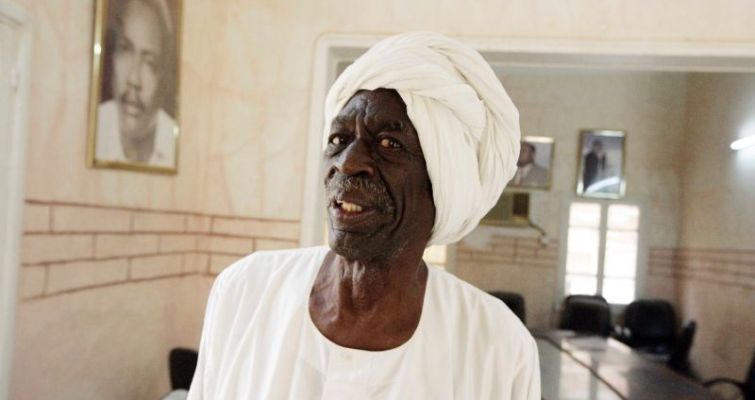Sudan’s FFC; SPLM-N share same vision secular state: official

December 22, 2019 (KHARTOUM) – The demand of the SPLM-N led by Abdel Aziz al-Hilu for a secular state is in line with the Constitutional Document and there is no difference in it, said a prominent Communist figure and leading member of the ruling coalition in Sudan.
The government negotiating delegation with the SPLM-N led by Abdel Aziz al-Hilu has rejected to include the relation between the state and the religion in the ongoing peace negotiations saying the Juba process is about ending the war.
The FFC groups say the issue of religion would be discussed in the constitutional conference that determines the place of the religion and closes this issue for the future.
However, a member of the Central Council of the Forces for Freedom and Change (FFC) Alliance, Siddig Youssef, told “Sudan Tribune”, on Sunday, that the political programme of the ruling coalition is based on the citizenship.
“What al-Hilu presented is fully compatible with the Constitutional Document,” said Youssef before to add “So there is no disagreement about the matter”.
Two years ago, the SPLM-N split over the inclusion of the right of self-determination as an alternative to the rejection of the secular state by the former Islamist regime.
For al-Hilu group which hold separate talks with the transitional government the secular state a key demand to end the marginalization of the non-Muslim in Sudan.
Th Sudanese communist leader further said that they believe that the peace talks should address the root causes of the conflict along with its effects.
He stressed that if the two parties are serious in their desire to achieve peace, an agreement will be reached soon.
The South Sudanese mediation urged the Sudanese parties to move forward and to reach an agreement over declaration of principles.
On Friday, the government negotiating team invited Justice Minister Nasr al-Din Abdel-Bari, to take part in a meeting with the SPLM-N al-Hilu to speak about the reforms underway and preparations for the constitutional conference in a bid to convince them about the government intentions on this respect.
In statements to the press after the meeting in Juba, Abdel Bari confessed the failure of the meeting to agree on the relationship between religion and the state.
“Each side has a different vision,” he said.
(ST)
